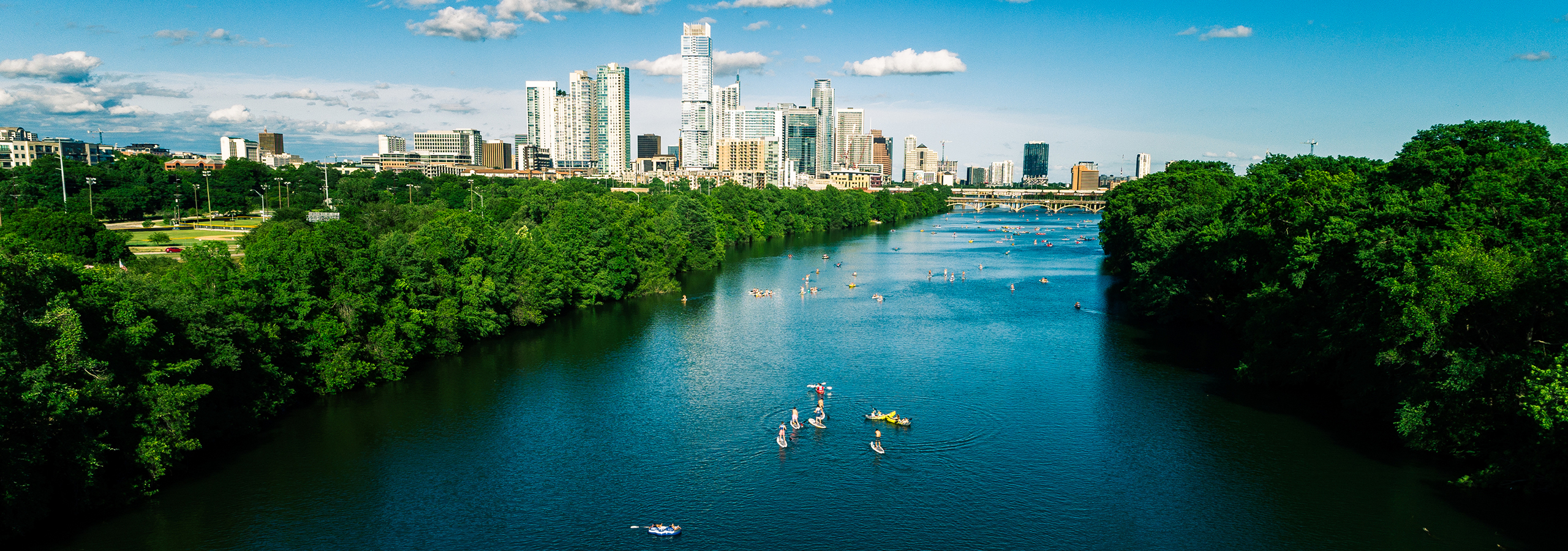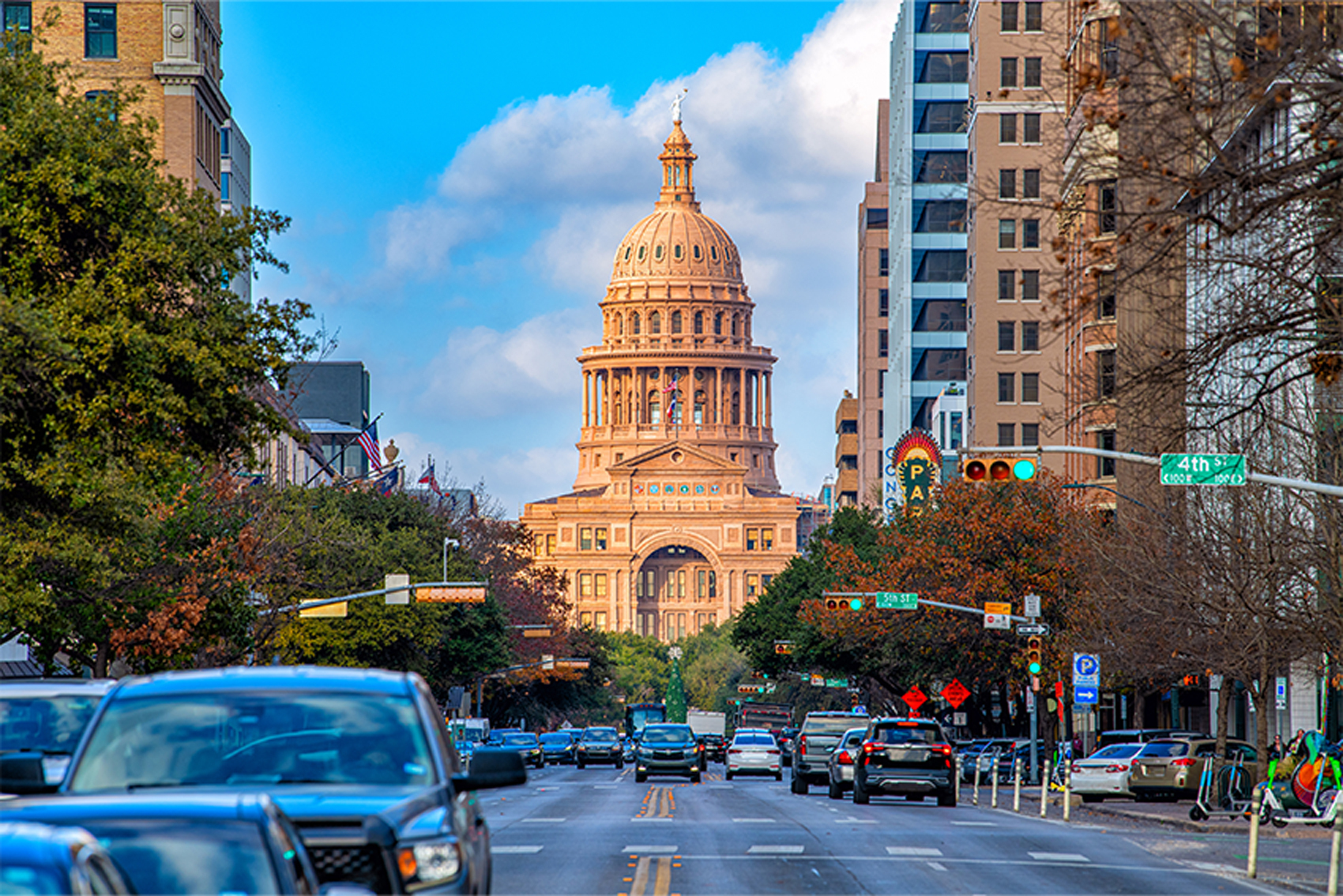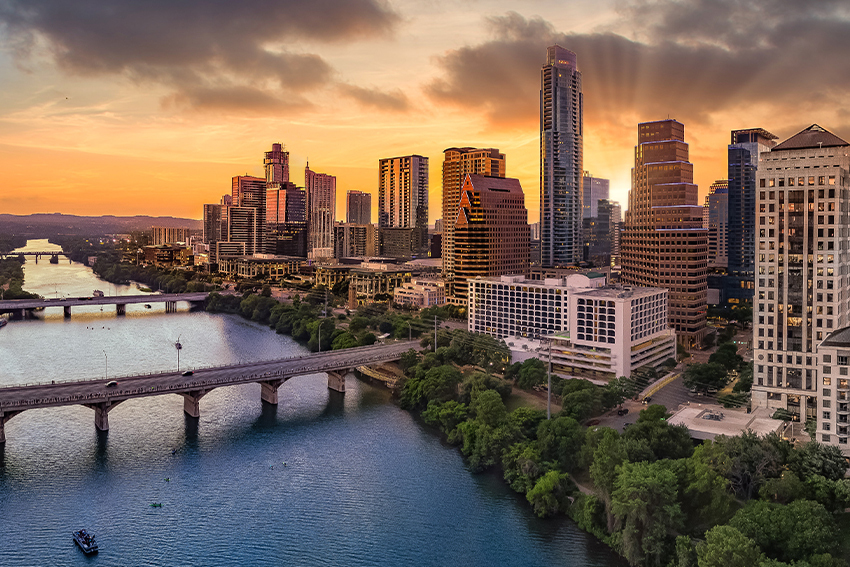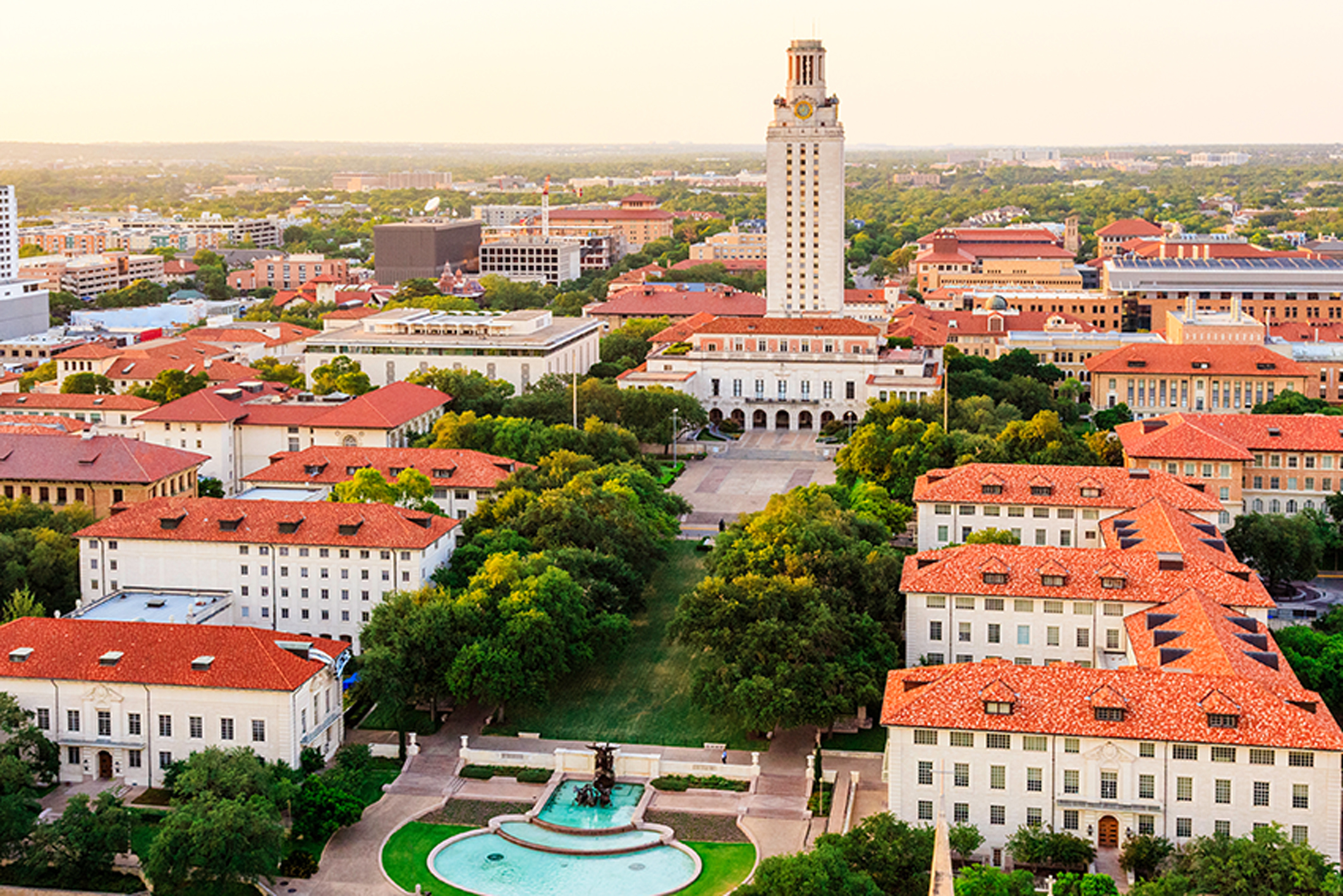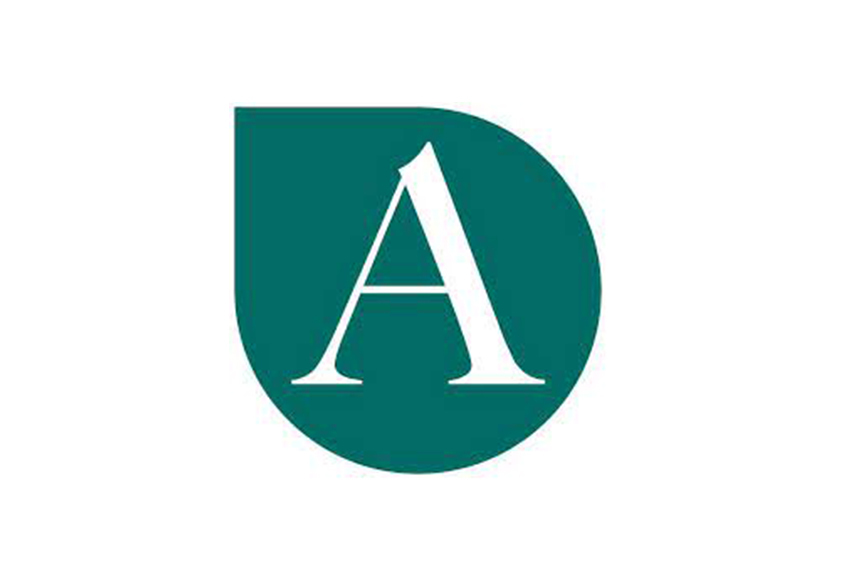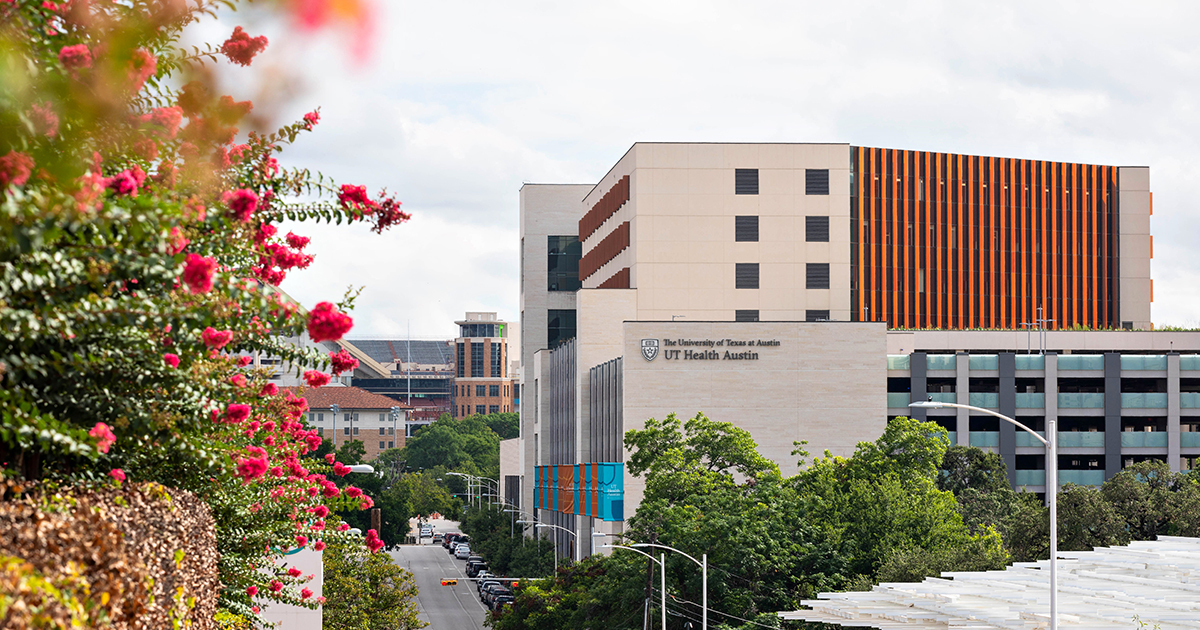11th Largest U.S. City
Austin is the capital city of the U.S. state of Texas and the seat of Travis County, with portions extending into Hays and Williamson counties. It is the eleventh-most populous city in the United States, the fourth-most populous city in Texas, and the second-most populous state capital city. The Austin-Round Rock-Georgetown metro area is also the fastest-growing region in the United States.
Learn More